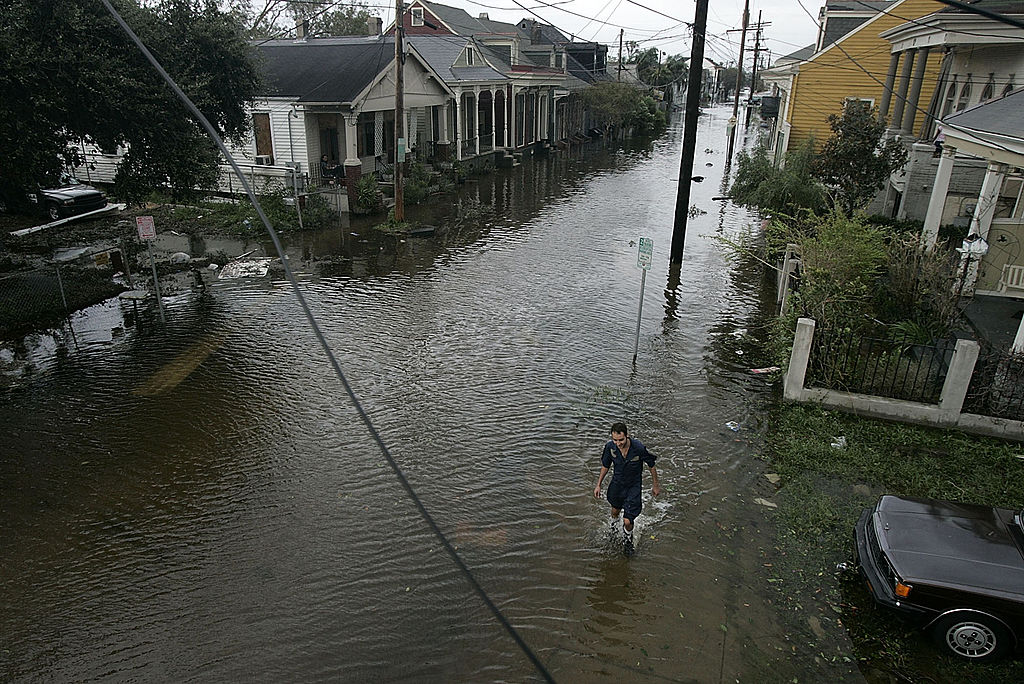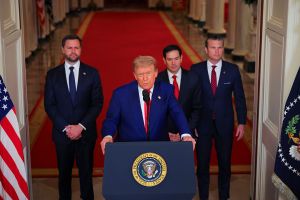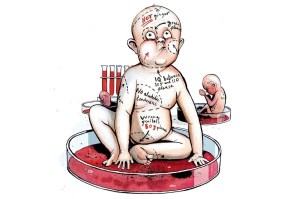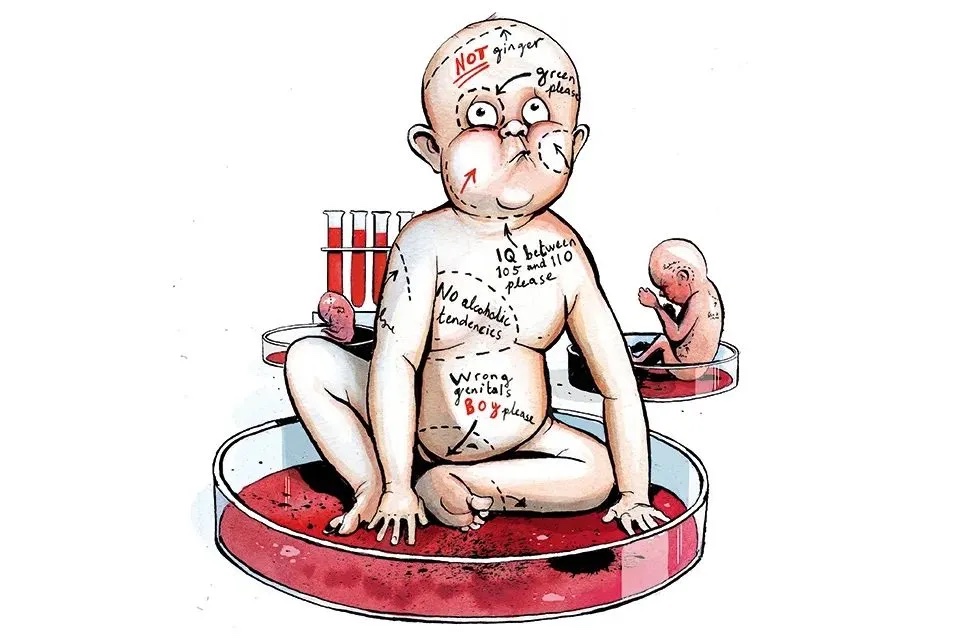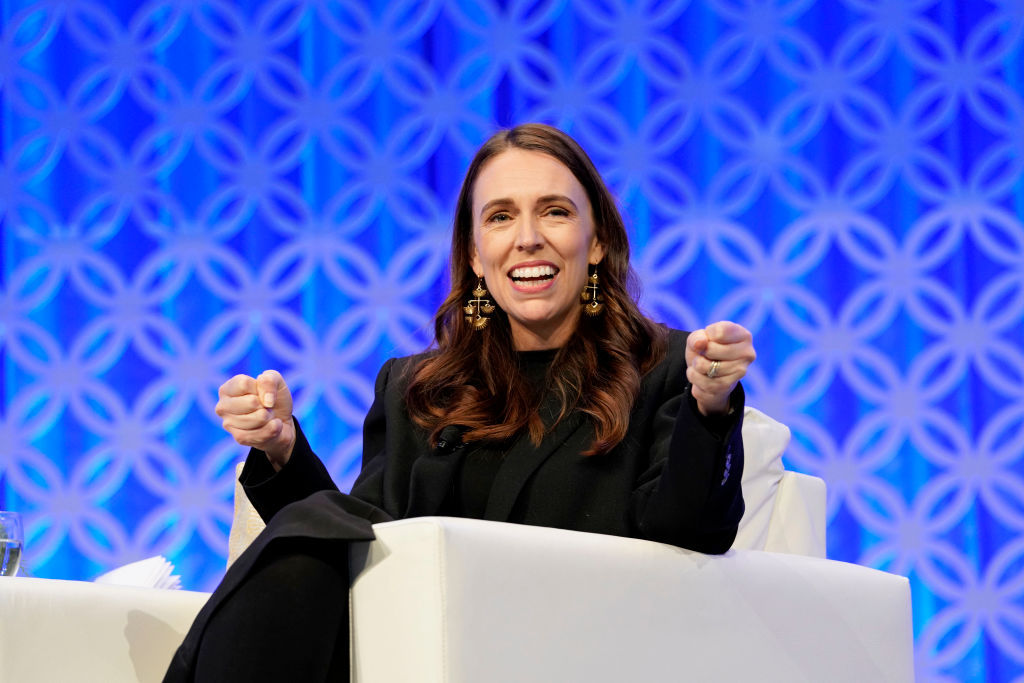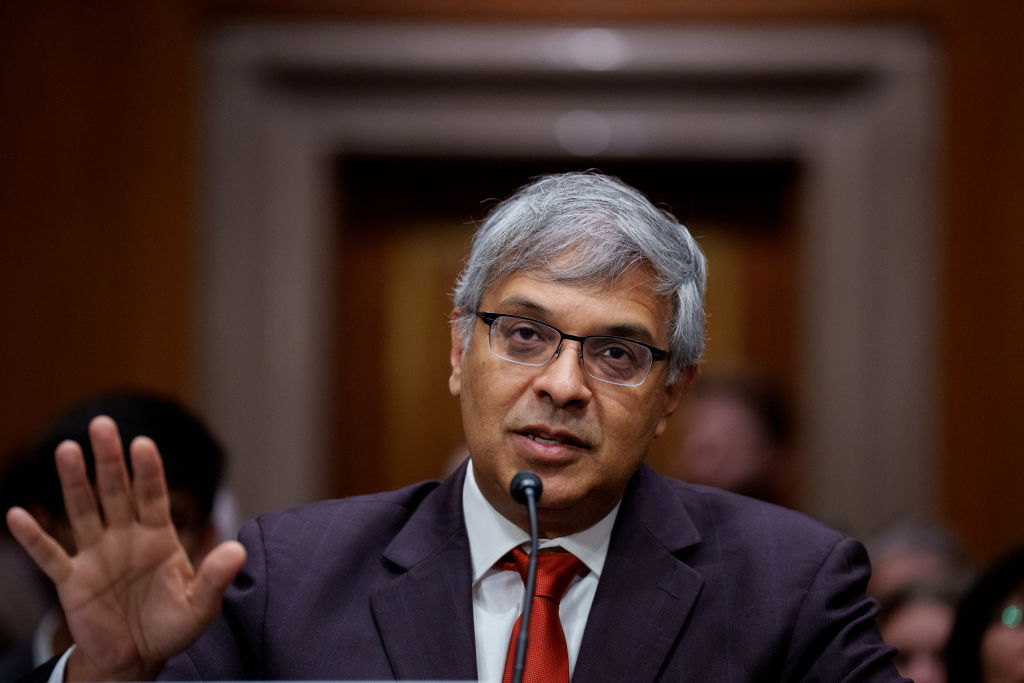Soon enough, Congress will hold hearings to investigate the federal response to the Wuhan virus pandemic. It is almost a guarantee those efforts will find failures, as no government is ever really prepared for 100-year catastrophic events. We’d like to think our government can handle anything, but, as countless Inspector General reports show, the federal government routinely fails to do the ordinary work of government. Expecting flawless execution with the extraordinary is delusional.
I should know because 15 years ago I served as a senior-level official at the US Department of Homeland Security. My various roles exposed me to several events that contained valuable lessons I see playing out yet again in America’s response to the Wuhan pandemic.
First, I led the national full-scale exercise TOPOFF3 in April 2005 where we tested the prevention, response and recovery capabilities of over 10,000 first preventers and responders representing over 200 federal, state, and local jurisdictions, as well as entities in the United Kingdom (called Atlantic Blue there). Part of the scenario involved the dispersal of a pandemic influenza virus in New Jersey. We modeled both the spread of the virus and the ability of the healthcare system to deal with the surge of patients.
We realized that the spread of the virus to the rest of the country would be rapid due to modern air travel and the contagiousness of the virus before symptoms arose in those infected. We also learned that our healthcare system wasn’t structured to deal with an inevitable huge wave of both sick and worried well patients. Many of the lessons we learned became part of the National Strategy for Pandemic Influenza released in November 2005.
Unfortunately, like most plans made by government, not enough was done over the next 15 years to implement the lessons we learned. Too often government authors what Lee Clarke refers to as ‘symbolic’ reports — reports that sound great and reassure citizens of government’s competency, but never actually get implemented. Post-pandemic, we should demand action on such plans going forward and require updates on the implementation of those plans. As Ronald Reagan said, trust, but verify.
Later, my role in the secretary’s office during Hurricane Katrina opened my eyes to the realities of the fog of war. Former defense secretary Robert McNamara made ‘fog of war’ famous when he used it to describe the problem in dealing with a fluid environment like a war thousands of miles away in Vietnam. During Hurricane Katrina, the fog existed for the federal government because we were over a thousand miles away from ground zero so were entirely dependent upon local and state actors to provide us real-time data so we could take necessary actions. We tried our best to get good actionable data, but often found ourselves in a fog.
For example, we were getting conflicting media reports about 25,000 people in the New Orleans Convention Center who needed help. We tried to verify the claim, but just couldn’t get a clear answer. As a last resort, we sent in a federal employee in the area who reported back that he only observed 1,000 or so people at the convention center. Unfortunately, the employee didn’t actually go inside so he missed the roughly 24,000 people who really were there and needed help.
Everyone forgets that just 11 months before Hurricane Katrina laid bare our deficiencies, four powerful hurricanes hit Florida in September 2004, putting George W. Bush’s reelection efforts in jeopardy (as Hurricane Andrew did to his dad in 1992). A major difference between those four hurricanes and Hurricane Katrina was the respective governors who were in charge of the responses. Jeb Bush and his team knew what they were doing in Florida in 2004 while Kathleen Blanco in Louisiana was paralyzed with indecision in the first few days of the disaster in 2005. Federalism really does work, especially when experienced governors are in the lead. That’s why it is good that President Trump has allowed governors to make the key calls.
Lastly, following Hurricane Katrina, I was deposed by a handful of lawyers investigating the federal response. During the most intense period of the national disaster, I sent an email to my then-wife saying, ‘DoD finally released assets for the response effort’. The lawyers wanted me to admit that the Defense Department had dragged its feet responding to Hurricane Katrina. I repeatedly had to explain that my use of ‘finally’ simply meant we were finally able to meet the request requirements the Defense personnel needed to legally deploy their assets.
Essentially, it was the same kind of bureaucratic red-tape President Trump has referred to regarding the CDC’s and the FDA’s bureaucratic approaches to their missions that just didn’t fit what was required to deal with the global pandemic we face today. We’ve also seen anti-competitive regulatory burdens removed to allow doctors and nurses to practice across state lines to surge medical help where it was needed most. The reality is that what typically works well for routine events collapses under the weight of truly catastrophic events such as Hurricane Katrina and the Wuhan pandemic. Hopefully, the CDC and FDA reforms made by the Trump administration and state regulatory changes will remain in place so we are better prepared for the next pandemic.
It is easy to criticize actions taken in the midst of an event and no one is better at dishing criticism than politicians in an election year. My experiences taught me we should, however, temper our criticisms knowing that blame typically covers years of failures by several administrations, our federalist system provides the most robust way to deal with the fog of events, and rarely are governmental processes built to handle extreme events. Mistakes will always happen during catastrophes. Our goal should be to minimize those mistakes by implementing lessons learned from the past, empowering local actors with boots on the ground, and permanently cutting away bureaucratic hurdles that impede our efforts.
Our preparedness for tomorrow’s catastrophe depends upon learning from the past. Hopefully, this time will be different.



